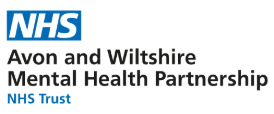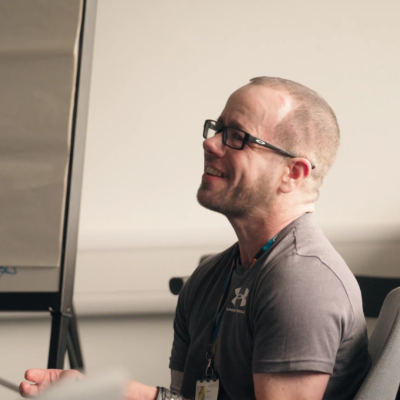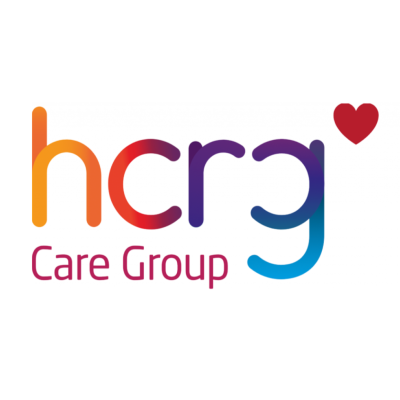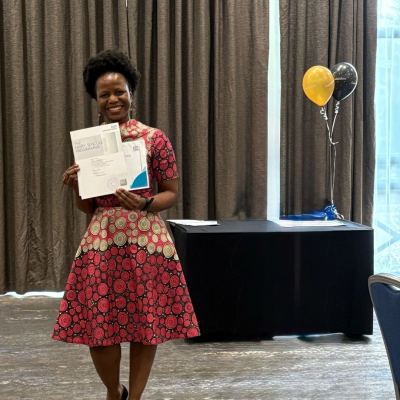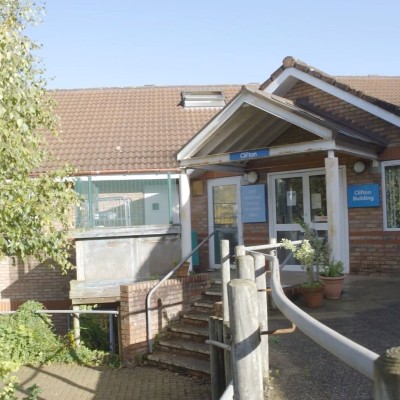Publish date: 9 September 2024
Avon and Wiltshire Mental Health Partnership (AWP) NHS Trust is encouraging individuals to engage in open and honest discussions about suicide and suicidal behaviour as part of world suicide prevention day.
This World Suicide Prevention Day (WSPD), we are highlighting the importance of the language we use when we talk about suicide, especially when asking someone you're worried about if they're suicidal.
It’s important to talk and write about suicide safely and responsibly. Using the right language around suicide is key to breaking down stigma. When we use our words carefully we can create a safe environment for people to open up.
How do you start these types of conversation with someone? Just being there to listen and showing you care can help. Here are some tips on how to open up a conversation with someone you’re worried about:
- Choose a good time, and somewhere without distractions
- Use open questions that need more than a yes/no answer
- ‘How are things, I’ve noticed you don’t seem quite yourself?’
- Listen well. ‘How’s that making you feel?’
- Avoid giving your view of what’s wrong, or what they should do
It's normal to feel anxious about asking someone if they’re suicidal, but it could save someone's life.
Natasha Bryant, AWP’s Suicide Prevention Lead said: “Evidence shows that asking someone if they are suicidal can protect them, in asking you give them permission to tell you how they feel. When asking someone about suicide, we recommend you do so clearly, directly, compassionately and without apology e.g. ask “are you thinking about suicide?”
“If the person is feeling suicidal listen to them, allow them to express their feelings, reassure them they are not alone and try to promote some hope, but without minimising what they are going through.
Together, through a culture of open dialogue, care, compassion and support, each and every one of us can play a part in working towards a community where talking about suicide is no longer a taboo and deaths by suicide are prevented.”
If you or someone you know is struggling with their mental health, you are not alone.
Who to contact:
- If you, or someone you are with, is at immediate risk of harm, call 999.
- If it is not a 999 emergency but you are experiencing an immediate mental health crisis, call 111, and select the mental health option.
- Contact Samaritans on 116-123.

